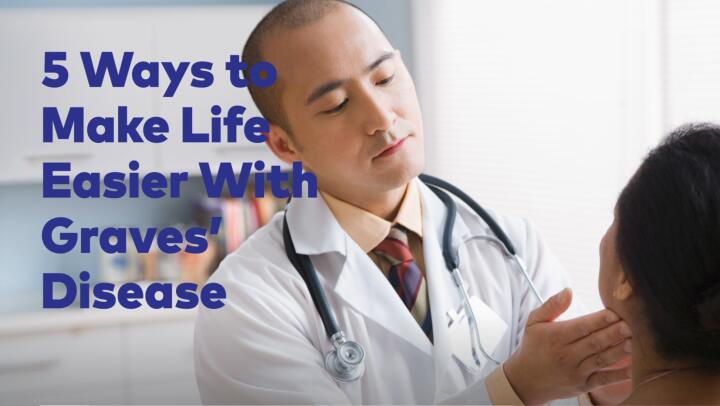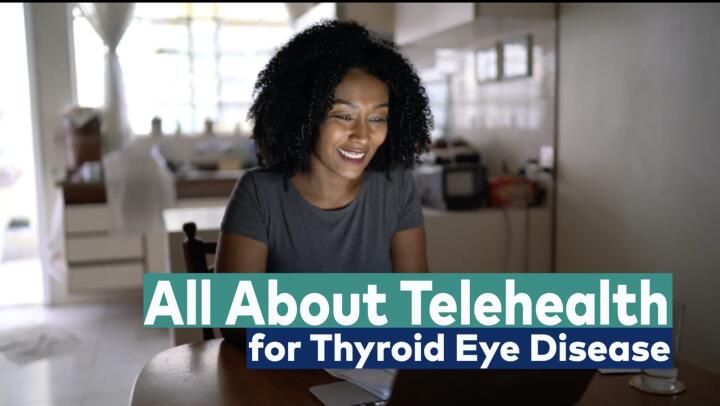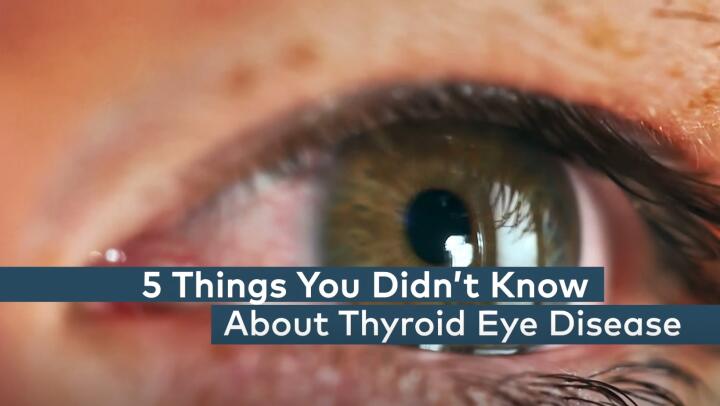
Your thyroid gland is a relatively small gland at the base of your neck, but it has a huge effect on how your body uses and stores energy. The thyroid normally produces two hormones known as triiodothyronine (T3) and thyroxine (T4) that regulate your metabolism. When production of these hormones is disrupted or altered in some way, that’s when problems can start.
But it’s not always easy to recognize the symptoms of a thyroid disorder. Sometimes they mimic symptoms of other disorders, and sometimes they’re just so vague that you might chalk it up to aging or stress. When in doubt, consult your doctor, who can test your thyroid levels and monitor your condition. If the initial blood work isn’t conclusive, your doctor may choose to run other tests, such as a radioactive iodine uptake test, a thyroid scan or a thyroid ultrasound.
Hypothyroidism
Hypothyroidism, or underactive thyroid, occurs when your thyroid gland doesn’t produce enough thyroid hormone to effectively regulate your metabolism. As your metabolism slows, you might notice that you’ve put on some weight or feel more tired than usual. You might experience an increased sensitivity to cold, decreased sweating, constipation, dry skin, muscle or joint pain, and maybe even some puffiness in your face.
This condition is also much more common in women than in men—and especially women over age 60. These symptoms, especially the early symptoms like fatigue and weight gain, can be vague. You might wonder if you’re just experiencing certain symptoms of aging or stress. And people with a mild case tend to have milder symptoms—and may not respond as well to treatment with thyroid replacement therapy as someone with a more severe case. Many doctors include a routine screening for older women as part of a regular physical exam, but if you think you’re experiencing some symptoms and your doctor hasn’t suggested a thyroid test, speak up and ask for one.
Hyperthyroidism
Hyperthyroidism, or overactive thyroid, occurs when your thyroid gland produces too much thyroid hormone. Symptoms to watch for include swelling at the base of your neck (sometimes called a goiter), rapid or irregular heartbeat, increased anxiety or irritability, sweating and tremors. Interestingly you might also experience sudden weight loss along with an increase in appetite. Hyperthyroidism is more common in women than in men, and it also tends to run in families.
Graves’ disease, which is the most common cause of hyperthyroidism, also causes a few of its own symptoms, such as bulging eyes or inflammation of the eyes. The American Thyroid Association notes that some people with Graves’ disease may notice some red, lumpy thickening of their skin, usually on their shins.
However, you may not experience the most common symptoms of hyperthyroidism, or they may be very subtle, especially if you’re an older adult. That can make hyperthyroidism harder to diagnose. If you think you notice some symptoms or have a family member who’s been diagnosed with hyperthyroidism, it might be a good idea to talk to your doctor about scheduling a screening for yourself.
Thyroiditis
There are several different types of inflammation of the thyroid, also known as thyroiditis. Here’s where things can get tricky: depending on the type of thyroiditis, it can cause symptoms that mimic those of hypothyroidism or hyperthyroidism. In contrast to hyperthyroidism, thyroiditis can occasionally (but not always) be painful. Pain is present in the neck in the region of the gland. The symptoms of Hashimoto’s thyroiditis, which is caused by antibodies attacking the thyroid, are similar to those of hypothyroidism. But two other types of thyroiditis—subacute thyroiditis and silent thyroiditis both start out by mimicking hyperthyroidism—and then switch to hypothyroidism as they progress. If you notice that something seems unusual, call your doctor, who may want to run some tests.
Thyroid cancer
Some symptoms of thyroid cancer are a little different from symptoms of other thyroid disorders. You may have some unusual swelling or a fast-growing lump in your neck. Or, you may experience trouble breathing or swallowing that you can’t attribute to any other condition. You might also develop a persistent cough or hoarseness. If you’re experiencing any of these symptoms, talk to your doctor immediately, especially if you have a relative who’s had thyroid cancer or a type of adrenal gland tumor called a pheochromocytoma, since the American Cancer Society warns that those signify a higher risk of developing thyroid cancer.

















